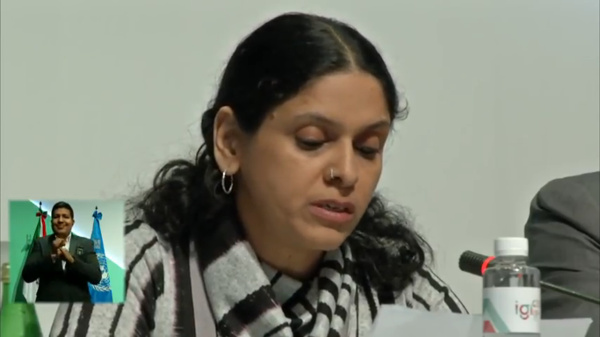Advocacy
Using an agile approach, we combine scholarship with policy intervention, advocating for a digital society that can transform the lived experiences of marginalised communities and strengthen institutional capabilities for justice and rule of law. Across areas of work, our advocacy strategies and themes underline the need for a 'publicness" approach to technology that is game-changing for those at the peripheries of development. This means advocating from the standpoint of the most marginalised social groups, an explicit commitment to gender equality, strengthening traditional institutions of society during times of technology-mediated flux and consistently calling for the democratisation of technology governance spaces.
In the digital paradigm, human rights, people's control over knowledge, empowerment of disenfranchised groups and gender minorities, and a democratic world order are intrinsically tied to policies on universal access, public software, net neutrality, data justice, algorithmic accountability, platform regulation and more. Our advocacy connects these techno-social themes, spanning local, to national and global sites.
CURRENT PROJECTS
A DIGITAL NEW DEAL: VISIONS OF JUSTICE IN A POST-COVID WORLD
The Covid pandemic has starkly visibilized the underlying inequality and injustice of the global economic paradigm. It has not only exposed the cumulative failings of the neoliberal order, but also testified to the inevitability of crisis and catastrophe inherent to it. IT for Change participated in the project, 'A Digital New Deal: Visions of Justice in a
PERSONAL DATA PROTECTION BILL, 2019
ADVOCACY - SDGs
ADVOCACY - ICT AND EDUCATION
IT FOR CHANGE @ IGF
ADVOCACY - GENDER AND ICT ACCESS
CAMPAIGNS WE ARE PART OF
Don't make UID mandatory for welfare and social sector programmes
Statement in support of Julian Assange to Swedish and UK governments
Asia Pacific peoples urge governments: Do not Sign the TPP
An open letter to the leaders of the world’s governments demanding a secure internet

